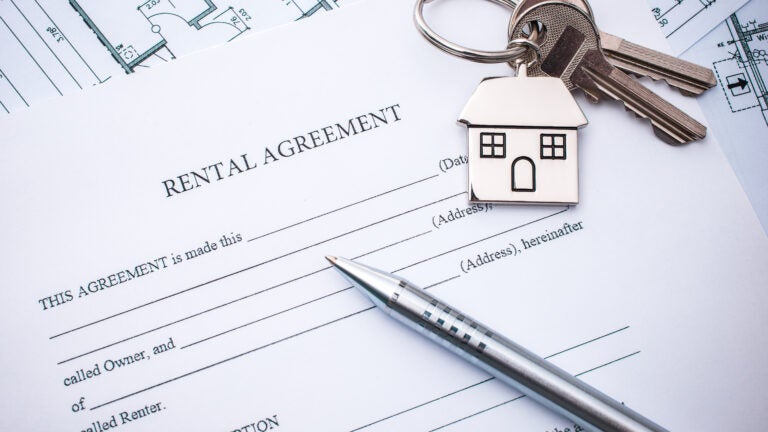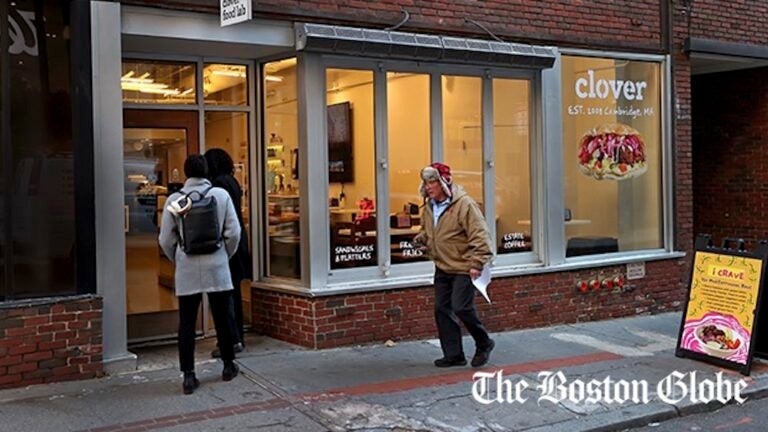Address Newsletter
Get the latest news on buying, selling, renting, home design, and more.

Communication is key when it comes to negotiating a rent agreement, but advocating for yourself is even more important.
Especially before you sign on the dotted line.
“I think it would be great if people would speak up before they sign something,” Jordana Roubicek Greenman, a Boston-area lawyer, said.
Prospective tenants should know how to spot something illegal on a lease document, so we turned to Greenman, as well as Doug Quattrochi of the MassLandlords advocacy group, for more information.
Here are five things that shouldn’t be in your lease agreement:
According to Massachusetts law, tenants have the right to a jury trial when it comes to any issue related to real estate.
“Any court in the whole state is going to throw that clause out,” Quattrochi said.
Under state law, renters get a short grace period, 30 days, before the fee can be assessed, according to Greenman.
This is discrimination, plain and simple.
“Some landlords will try to put some things in the agreement that say only the occupants listed below are authorized, and anyone else, especially any kids that appear, may be grounds for eviction,” Quattrochi said. “You absolutely can’t do that, because people have a right to have kids.”
Landlords cannot include a provision in the lease that would hold the tenant responsible if someone is injured on the property in hazardous conditions, Greenman said. If the rental agreement says the landlord will handle snow removal, the landlord can be held responsible for injuries. That said, landlords can require tenants to clear driveways, but not public walkways. The landlord and prospective tenant should discuss these terms when setting the rent, Greenman said.
Landlords must charge each unit only what they are using. If there are not separate meters for every unit, the landlord cannot charge a universal utilities fee.
If there is a building with two units, there needs to be one meter in each unit to measure accurately the utilities being used. Even if the tenants agree to split the utilities, there needs to be a measure of how much electricity and water each one is using, Greenman said.
Get the latest news on buying, selling, renting, home design, and more.

Stay up to date with everything Boston. Receive the latest news and breaking updates, straight from our newsroom to your inbox.
Conversation
This discussion has ended. Please join elsewhere on Boston.com